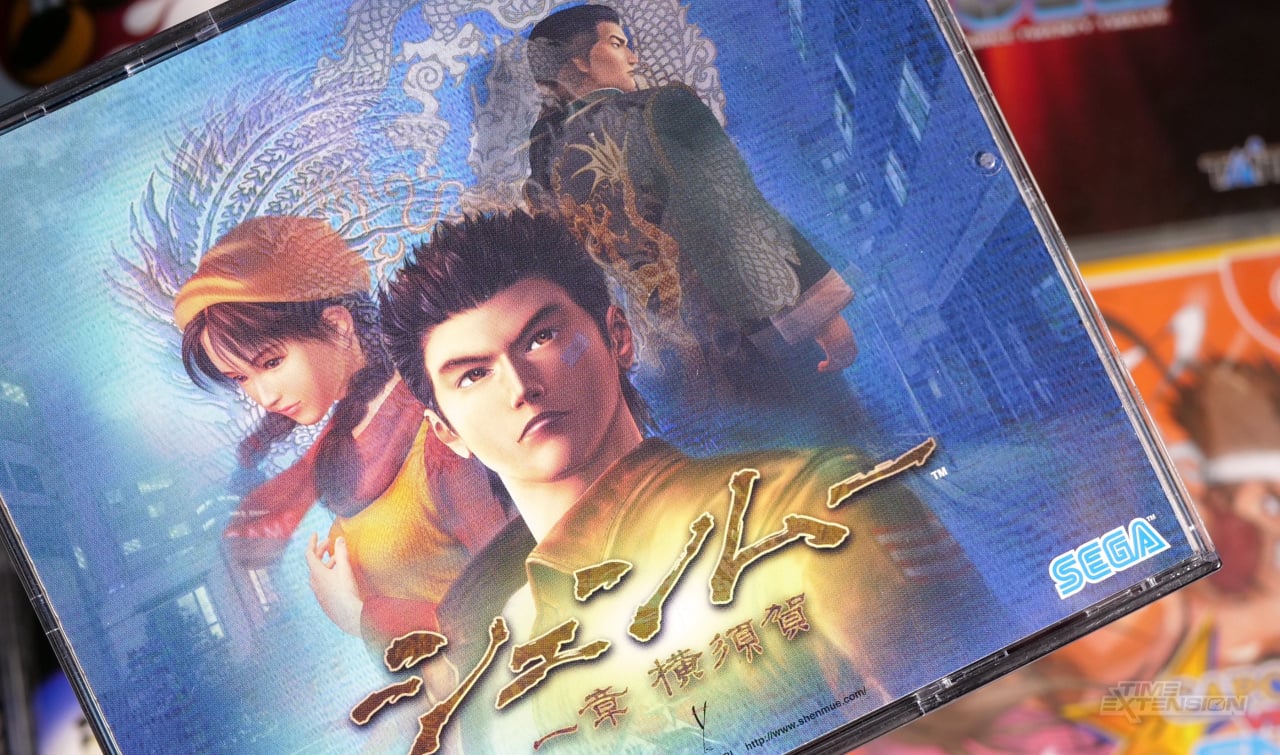BAFTA’s recent public poll has crowned Yu Suzuki’s Shenmue as The Most Influential Video Game of All Time. This surprising result has ignited a fervent discussion, with fans and detractors alike debating the game’s enduring legacy.
A Dreamcast Classic Redefined
-
Shenmue was praised for its innovative open-world approach, detailed settings, and narrative complexity that set new standards for interactive storytelling. Yu Suzuki’s vision of Yokosuka is celebrated as an astonishingly vivid portrayal of real-life Japan, influencing countless developers in the years since.
-
Shenmue was also notable for introducing Quick Time Events (QTEs), a mechanic that has since become ubiquitous across various genres of video games.
The Top 21 List Unveiled
Joining Shenmue at the top of BAFTA’s countdown were classics like:
- Doom - Pioneering 3D shooter and genre-defining work
- Super Mario Bros. - Establishing a blueprint for modern platformers
- Half-Life - Innovations in narrative integration, a hallmark of first-person shooters
- The Legend of Zelda: Ocarina of Time - One of the most revered games ever made for its gameplay and storytelling
A Mixed Reception Amongst Fans
While many consider Shenmue an epochal achievement, some critique it for its awkward controls and clunky dialogue. However, over time, these aspects have often been viewed as part of the game’s charm rather than hindrances.
What do you make of the BAFTA’s choice? Is Shenmue truly the most influential video game ever created? What game would you put at the top of the list?



A game most people have not heard of is the most influential? I only read the headline, but that just seems unrealistic
It all depends on how you’re defining “influence”. As an example, let’s look at the first Resident Evil game and it’s predecessor, Sweet Home. More people have played or heard of Resident Evil than a movie tie-in game that was never officially released outside Japan. However, a huge amount of RE’s DNA (indeed, things that fans will say are necessary to capturing the feel of early RE games) stem from Sweet Home. Hell, RE was initially conceived of as a remake of Sweet Home, until they realized they didn’t have the rights. Below is an incomplete list of features from Sweet Home that were incorporated into the first RE.
So, which is the more influential game? The one that popularized all of these concepts, or the one that originated the concepts? I think a case can be made for both, but I lean towards the originator.
The true predecessor to Resident Evil is Alone in the Dark. Weren’t for that game, the first RE would have been an FPS game, according to RE creator Shinji Mikami.
Undoubtedly, yes, the fixed camera perspective of the original RE games owes a huge debt of gratitude to Alone in the Dark. However, Sweet Home predates the original AitD by 3 years, and has a direct lineage to RE through Tokuro Fujiwara, who directed Sweet Home and produced the original RE game. In fact, RE began its life as a SNES remake of Sweet Home in 1993, and it wasn’t until production had already begun that Mikami discovered AitD and reconfigured their plans. I’m not super familiar with AitD, so perhaps he lifted more features from that game than the perspective (that weren’t already present in some form in Sweet Home, at any rate), but I didnt see that mentioned in the interview.
Well said, thank you.